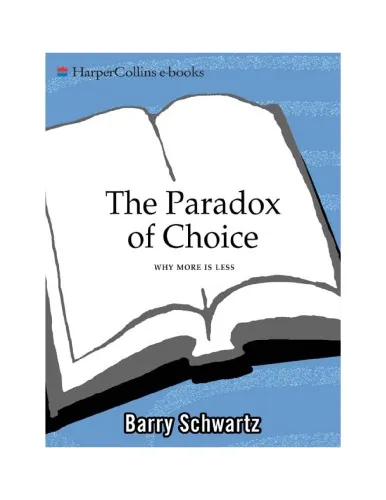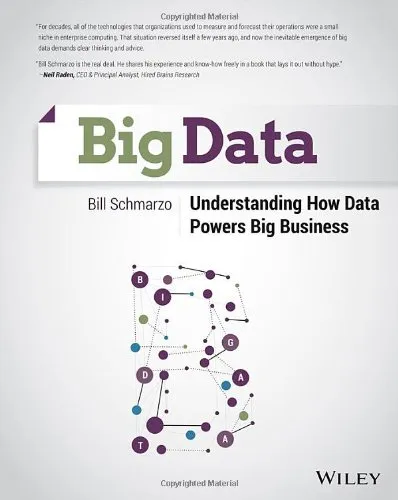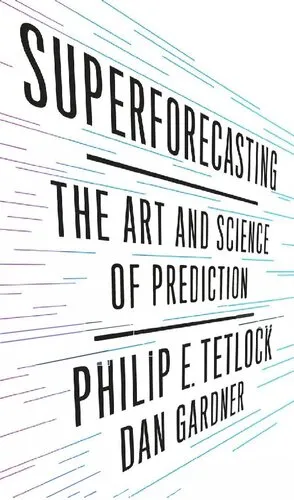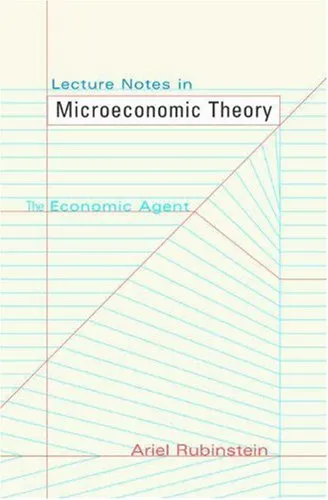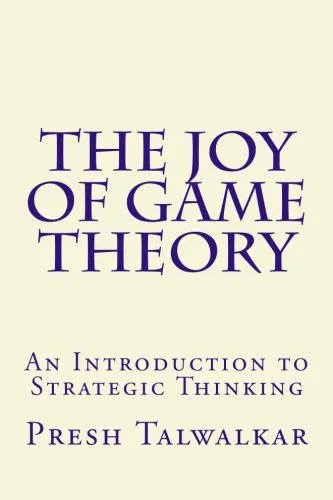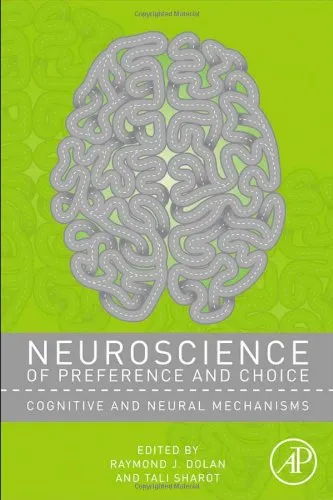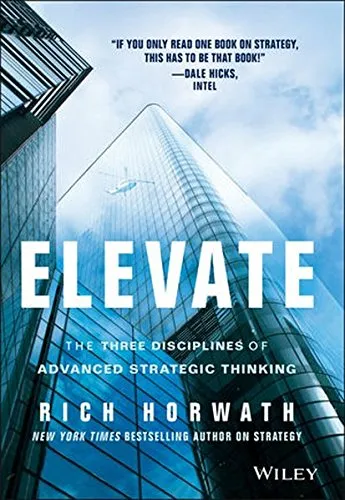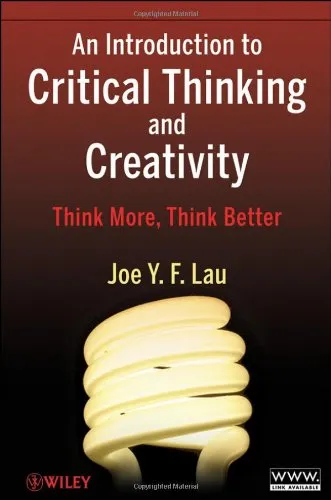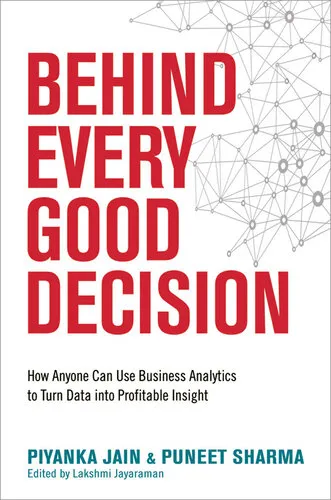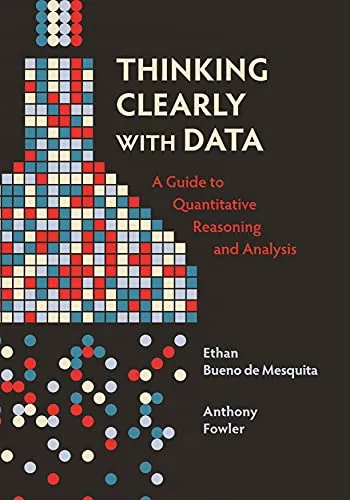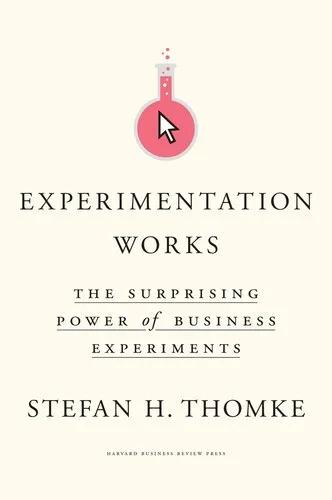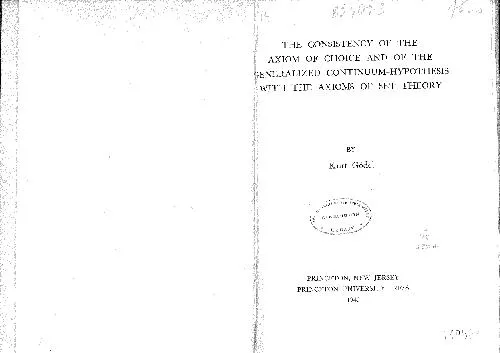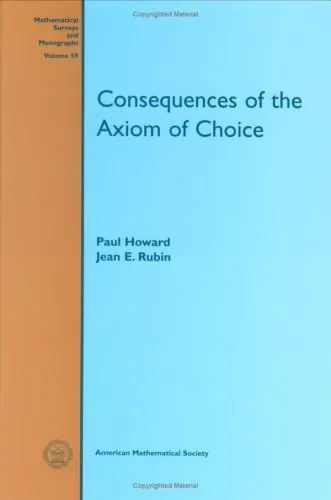The Paradox of Choice: Why More Is Less.
4.0
Reviews from our users

You Can Ask your questions from this book's AI after Login
Each download or ask from book AI costs 2 points. To earn more free points, please visit the Points Guide Page and complete some valuable actions.Related Refrences:
Introduction to 'The Paradox of Choice: Why More Is Less'
In the rapidly evolving landscape of modern consumerism, the sheer abundance of choices available to individuals has paradoxically become a burden rather than a blessing. 'The Paradox of Choice: Why More Is Less,' authored by Barry Schwartz, delves into this intriguing contradiction, exploring how having too many options can lead to anxiety, decision fatigue, and consumer dissatisfaction.
Detailed Summary of the Book
The book investigates the psychological impact of having an abundance of choices in today’s world. While choice theoretically allows individuals to tailor decisions to meet personal needs, this benefit quickly becomes overwhelming when choice is excessive. Schwartz explores the theory of 'maximizing' versus 'satisficing' in decision-making. Maximizers seek the best possible outcome, often exhaustively, leading to dissatisfaction and stress, while satisficers aim for a decision that suffices to meet criteria. Schwartz argues that the explosion of choice on aspects of life such as consumer goods, lifestyles, and career paths contributes extensively to increasing consumer anxiety. He suggests that the decision-making process gets burdened by the fear of making the wrong choice and missing out on potential better alternatives. This exploration is complemented by examples and studies that highlight how more choice often doesn't lead to more happiness. Instead, the necessity of making many decisions can drain the joy of what should have been good experiences, leaving individuals less satisfied than expected.
Key Takeaways
- Too many choices can reduce satisfaction: More options can lead individuals to experience decision paralysis and lower satisfaction due to the fear of making the wrong decisions.
- Maximizers vs. satisficers: Understanding different decision-making styles can help tailor approaches to personal and professional choices.
- The importance of setting boundaries: Simplifying life by setting limits on the number of choices can improve well-being.
- Focus on what truly matters: Prioritizing core values over endless options can enhance decision-making clarity and satisfaction.
Famous Quotes from the Book
Barry Schwartz's insightful observations are encapsulated in several memorable quotes from the book:
- "Learning to choose is hard. Learning to choose well is harder. And learning to choose well in a world of unlimited possibilities is harder still, perhaps too hard."
- "Choice is the only thing that matters. No one asks you if you’d rather have more or fewer options, yet we all recognize the overwhelming nature of choice."
- "Satisficers are happier than maximizers because they settle for ‘good enough’ instead of always seeking the best."
Why This Book Matters
The significance of 'The Paradox of Choice' lies in its perspective on modern consumer culture and personal well-being. In a world where people are inundated with limitless options, the book provides a framework to help navigate this overwhelming landscape without succumbing to stress and dissatisfaction. It argues for a mindful approach to decision-making, encouraging readers to understand and manage their psychological responses to choice overload. By highlighting how more is not always better, the book offers practical insights into achieving tranquility and satisfaction in personal and professional lives. The principles discussed are universally applicable, making it relevant across numerous domains, including marketing, personal development, and behavioral psychology.
Free Direct Download
You Can Download this book after Login
Accessing books through legal platforms and public libraries not only supports the rights of authors and publishers but also contributes to the sustainability of reading culture. Before downloading, please take a moment to consider these options.
Find this book on other platforms:
WorldCat helps you find books in libraries worldwide.
See ratings, reviews, and discussions on Goodreads.
Find and buy rare or used books on AbeBooks.
1472
بازدید4.0
امتیاز0
نظر98%
رضایتReviews:
4.0
Based on 0 users review
Questions & Answers
Ask questions about this book or help others by answering
No questions yet. Be the first to ask!
